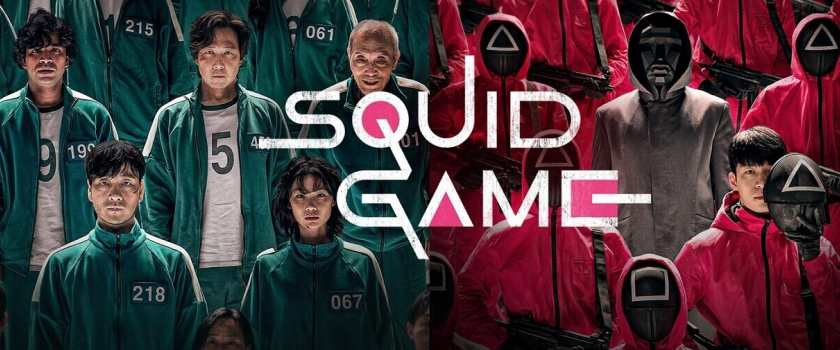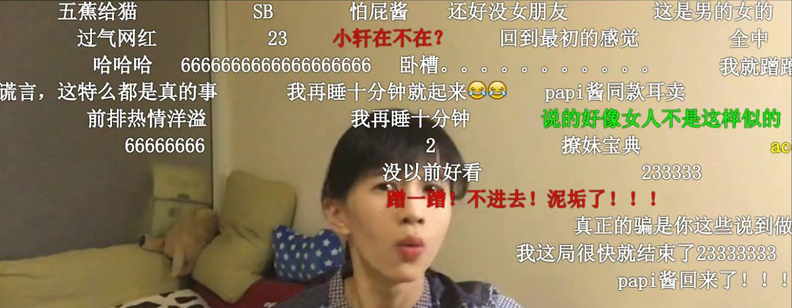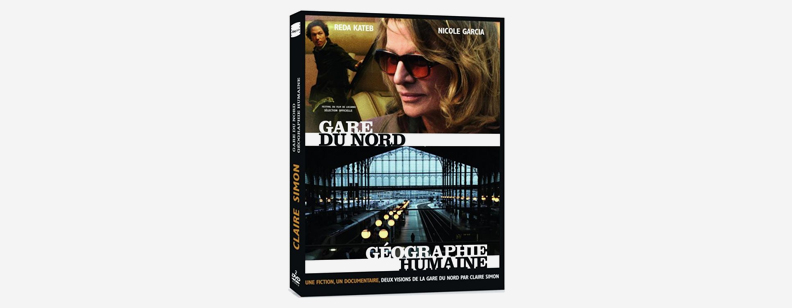This essay is intended to give a brief introduction of Time Burton (蒂姆 伯顿 in Mainland, 提姆 波頓 in Taiwan, 添 布頓 in Hong Kong) and his films, and then discuss and compare the translations (mainly in Simplified Chinese and slightly in Traditional Chinese) of the film names.
Tim Burton is a very special and talented American director. He is famous for his black humor and unique view of point. He was born in California in 1958. He has presented us a lot of films full of wonderful thoughts and innovations.
However, not all of them are familiar to Chinese audience, so some of them don’t have a well-received Chinese name. So here we only talk about those which got a well-received Chinese name.
Means of translation can be roughly grouped as literal translation and free translation. Literal translation refers to translating the source text word by word or based on its literal meaning, while free translation refers to translating the source text based on the meaning of the source other than word by word. Because the film names often are very short, so in most of the cases literal translation is adopted.
Translations in Taiwan and Hong Kong are very different from translation in Mainland. The following table list different translations of the films in mainland, Taiwan and Hong Kong. And the blanks indicates an incomplete collection.
| No. | Year | English | Main land | Taiwan | Hong Kong |
| 1 | 2010 | Sweeney Todd | 理发师陶德 | 瘋狂理髮師,惡魔剃刀手 | 魔街理髮師 |
| 2 | 2010 | Alice in Wonderland | 爱丽丝梦游仙境 | 魔境夢游 | 愛麗絲夢遊仙境 |
| 3 | 2005 | Corpse Bride | 骷髅新娘 or 僵尸新娘 | 地獄新娘 | 怪誕屍新娘 |
| 4 | 2005 | Charlie and the Chocolate Factory | 查理的巧克力工厂 | 巧克力冒險工廠 | 朱古力獎門人 |
| 5 | 2003 | Big Fish | 大鱼老爸 | 大智若魚 | 大魚奇緣 |
| 6 | 2001 | Planet of the Apes | 决战猩球 | 決戰猩球 | 猿人爭霸戰 |
| 7 | 1999 | Sleepy Hollow | 断头谷 | 斷頭谷 | 無頭谷 |
| 8 | 1996 | Mars Attacks! | 火星人玩转地球 | 火星人玩轉地球 | |
| 9 | 1996 | James and the Giant Peach | 飞天巨桃历险记 | ||
| 10 | 1994 | Ed Wood | 爱德 伍德 | 艾德 伍德 | 艾活傳 |
| 11 | 1993 | The Nightmare Before Christmas | 圣诞夜惊魂 | 聖誕夜驚魂 | 怪誕城之夜 |
| 12 | 1992 | Batman Returns | 蝙蝠侠归来 | 蝙蝠俠大顯神威 | 蝙蝠俠再戰風雲 |
| 13 | 1990 | Edward Scissorhands | 剪刀手爱德华 | 剪刀手愛德華 | 幻海奇緣 |
| 14 | 1989 | Batman | 蝙蝠侠 | ||
| 15 | 1988 | Beetle Juice | 哗鬼家族 | ||
| 16 | 1985 | Pee-wee’s Big Adventure | 荒唐小混蛋奇遇记 | ||
| 17 | 1984 | Frankenweenie | 小科学怪人 | ||
| 18 | 1982 | Vincent | 文森特 |
From the table above, we can know that translations of the film name in mainland and Taiwan are much more similar, closing to literal translation, while the translations in Hong Kong are more of the local culture, a kind of free translation.
The latter are more flexible and kind of romantic color, because these words “傳”, “再戰風雲”, “爭霸戰”, “奇緣” often indicates the films of Kung Fu, myths, ghosts or monsters in ancient Chinese culture. So this kind of names has a familiar appearance and sometime it is hard to decide if it is Chinese movie or a foreign movie only by the name.
Of course there is no right or wrong in these translations and different methods serve the same purpose: introduction and promotion of films. The film name can be separated from the film which is intended to be put into the market, so from certain point of view, the film name is of some commercial elements.
In this case, the translation of the films names should not only clearly express the meaning and its commercial effects and attraction are to be taken into consideration.
Please free to make comments if you see any error or missing or have something to share. I am glad to hear your voices.
And later I will post another small essay on Tim Burton’s Corpse Bride here.
The translation names in simplified Chinese are mainly based on Baidu Baike and 10th Screening Room of CCTV-10 and others are based on Wikipedia.
Reference:
Baidu Baike, Wikipedia, 10th Screening Room of CCTV-10
Read Also: Some thoughts of Green Lantern
Take a look at how we helped our client by localizing their project for Film Industry language. Click here to read the complete case study


